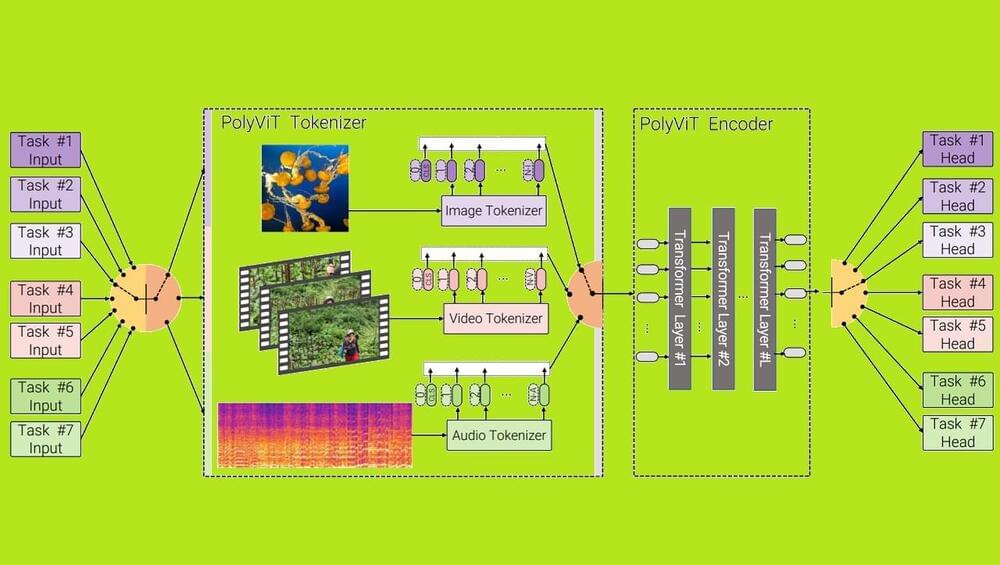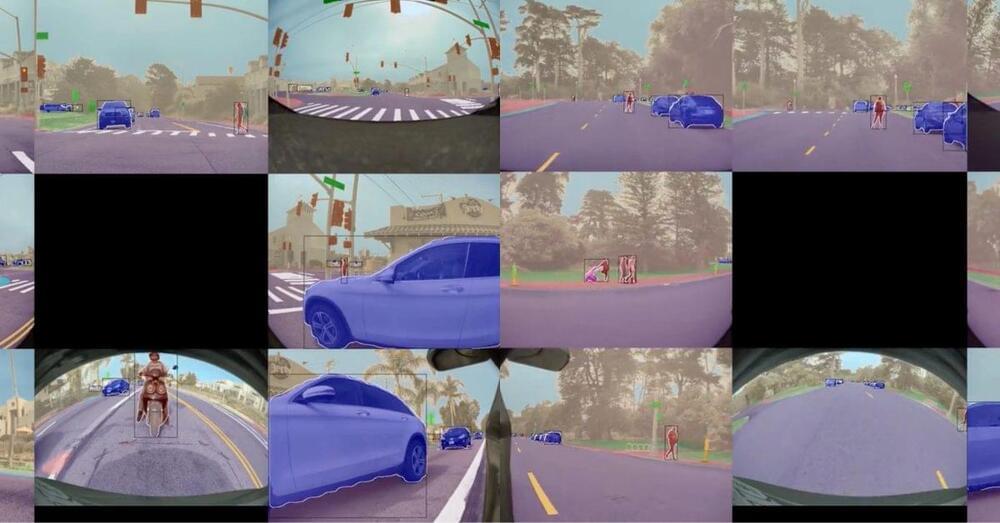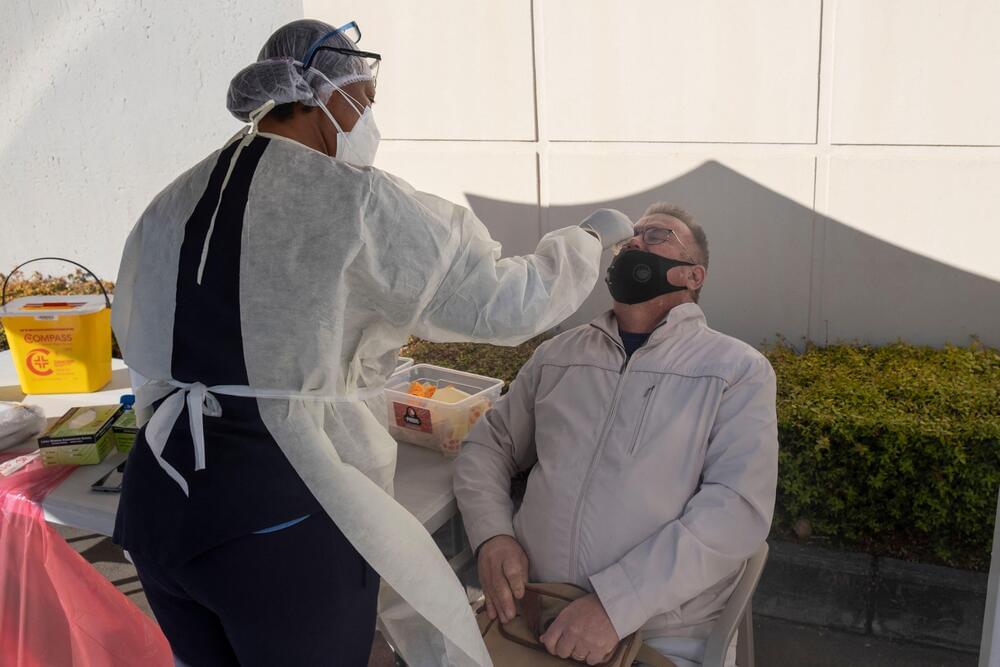Dec 2, 2021
SpaceX Is Planning on Bringing Space-Based Internet Service to Aircraft
Posted by Gemechu Taye in categories: internet, satellites
They plan to offer internet to airlines ‘as soon as possible.’
A SpaceX representative said on Tuesday that the company is testing its ability to provide inflight broadband access to aircraft, according to a report by Bloomberg. VP Jonathan Hofeller told a crowd at the Airline Passenger Experience Association Expo in Long Beach, California, that it will begin offering its services to airlines “as soon as possible.”
A sky-high opportunity SpaceX will join a crowded field of companies competing to service the in-flight wifi market, which is worth about $3.3 billion per year, according to one estimate. Commercial aircraft have conventionally connected to the internet either through cell towers on the ground or through large satellites in geosynchronous orbit. For example, industry leader ViaSat Inc. operates one satellite over the U.S. and a second satellite that covers most of Canada, the North Atlantic, and parts of Europe. Surprisingly, the company has contracted SpaceX to launch a third satellite next year.


















